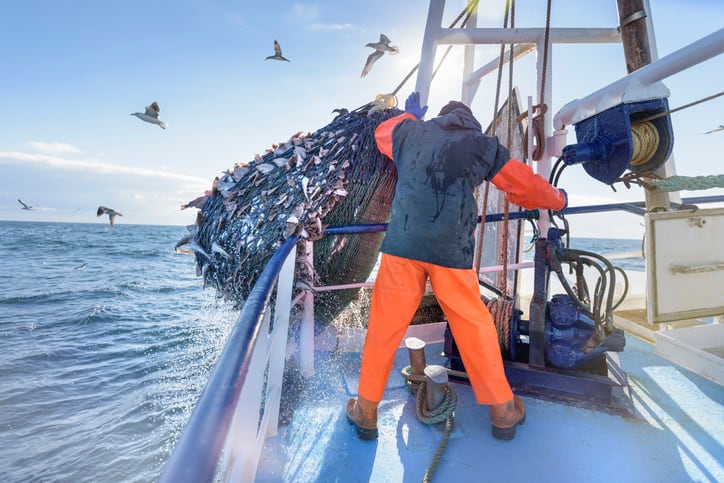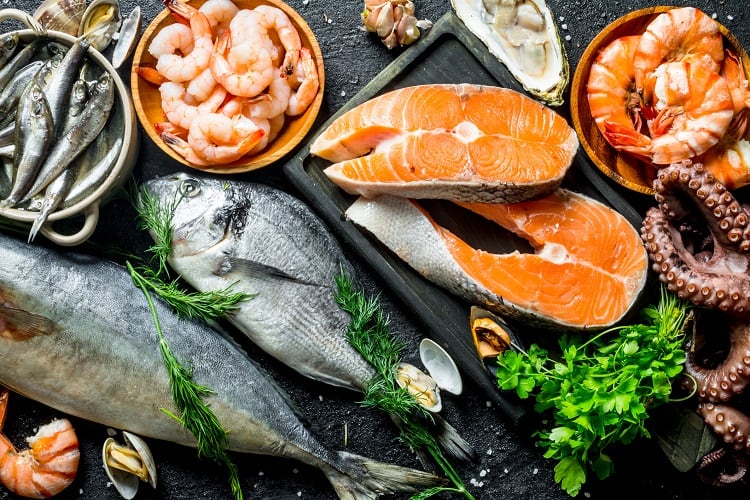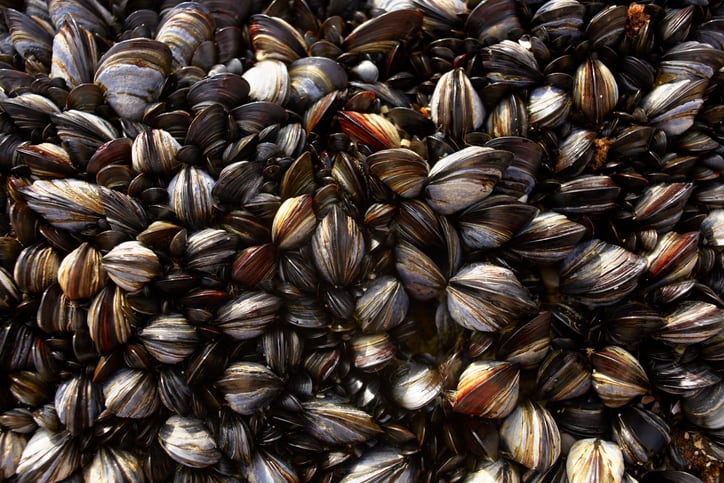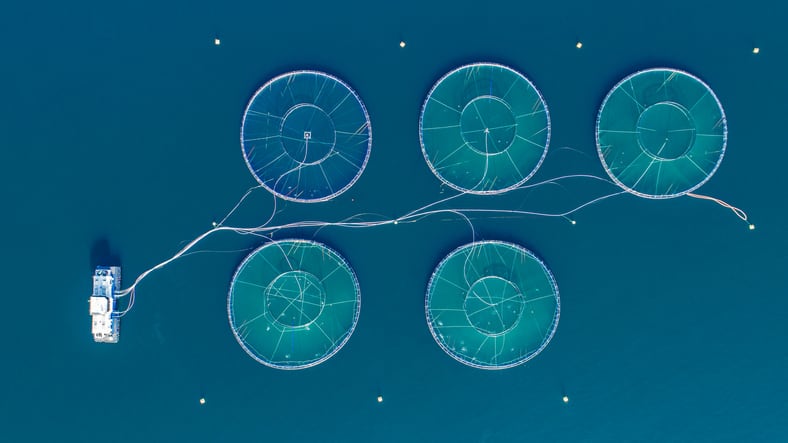Fishing businesses across the UK will now have access to £24 million of investment to develop technology, trial new gear and support world-class research to improve the productivity and long-term sustainability of the industry.
The funding released by the Government to support better science and innovation projects is the first part of a £100 million UK Seafood Fund designed to level up coastal communities across the UK. It will ensure industry is able to process more fish landed in the UK, and create more job opportunities across the supply chain. It will also upskill the workforce and train new entrants, as well as investing in technology to put the UK at the cutting edge of new safe and sustainable fishing methods.
The £100 million fund has been divided into three pillars:
- The Science and Innovation pillar will see the fishing and seafood industry supported to work jointly with scientists to research new types of more productive and sustainable fishing gear, gather new data to more sustainably manage the UK’s fish stocks, and trial projects such as new biodegradable packaging for chilled fish and seafood to reduce single-use plastics. These advancements in science and research will boost efficiency and help to ensure the long-term sustainability of the industry.
- An Infrastructure pillar, to be announced later in the Autumn, will invest in projects to strengthen the supply chain in the UK, allowing the industry to make the most of increases in quota secured through the Trade and Cooperation Agreement. Potential projects include funding for the modernisation of ports, logistic hubs, freezing facilities, improvements to processing plants and new fish markets.
- A further Skills and Training pillar will support career opportunities and upskilling in the sector to ensure the industry has the right skills, capacity, and expertise. This will be a significant boost for training in the industry, which often has lacked formal routes for training and progression.
Gareth Cunningham, Head of Fisheries and Aquaculture at the Marine Conservation Society, welcomed the announcement, but added it was a ‘small sum’ compared to the government support offered to the agriculture industry.
“The £24m is for all 4 nations and a good opportunity to start investing in the future of our seafood – including supporting the growth of sustainable aquaculture, delivering fully documented fisheries to make sure we are fishing within ecological limits, and looking at ways to reduce the impacts of current fishing methods to make them more selective, lower carbon footprint etc.
“So far, Seafood has been mostly absent from the National Food Strategy, and while now being considered will need Government support to make sure growth in this sector (aquaculture and wild caught) is sustainable and helps achieve towards Net zero and recovery of the degraded marine environment.
But at same time, £24m is a small sum (of a total £100m for all UK) compared to that for UK agriculture. Which in 2019 the chancellor announced £3billion support for farmers.”
Environment Secretary, George Eustice, said: “This major investment will benefit coastal communities up and down the UK. The first investment from our £100M Seafood Fund will boost science and innovation in the fishing industry and, coupled with our Fisheries Act, help us ensure that we have the most sustainable fleet in the world."
To support industry, a Fisheries Industry Science Partnerships scheme will also launch for initial engagement with industry before inviting bids for project funding. The scheme will fund the gathering of new data to sustainably manage the UK’s fish stocks, research new types of fishing gear to boost sustainable fishing, increase confidence in fisheries science, and increase knowledge of the benefits and impacts of fish farming.
Dr Bryce Stewart, Fisheries Biologist and Senior Lecturer at the University of York, said: "I am particularly delighted to see the launch of this scheme for Fisheries Industry Science Partnerships. Our recent research shows that such collaborations are vital for increasing trust and developing more effective and efficient management measures. Ultimately this should lead to more productive fisheries and a healthier marine environment."





